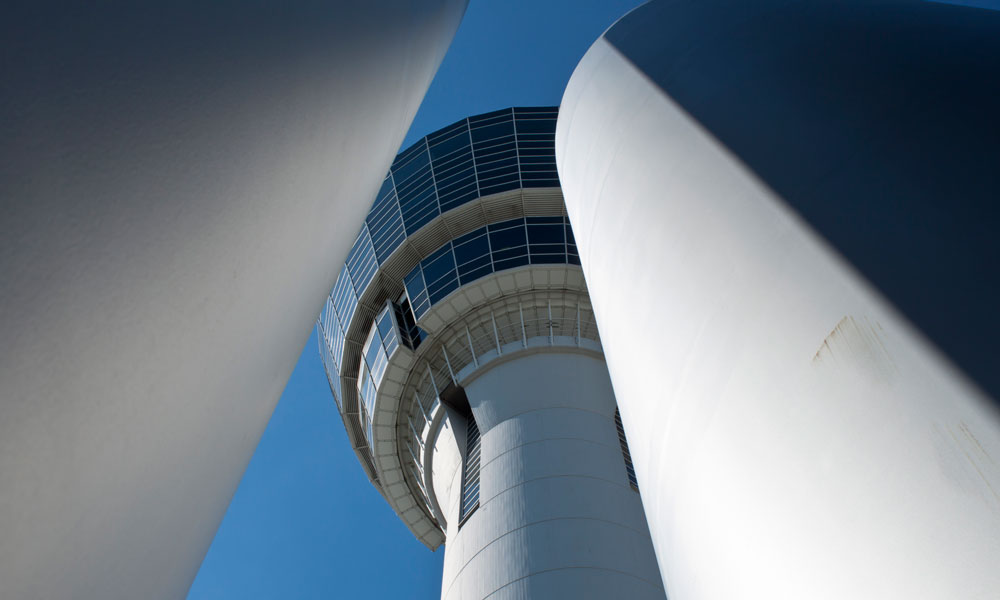
Air Traffic Control Privatization Chatter Flies Again
A recent report from the Transportation Department's inspector general pondered the pluses and minuses of privatizing the country's air traffic control system. Groups representing both sides of the debate see different things in the report.
The recent history of air traffic control in the United States is littered with stories of furloughs and funding battles, leading to repeated calls by some stakeholders for at least partial privatization of this critical activity. A recent Office of Inspector General report [PDF] from the Department of Transportation raised the issue anew this month.
The report, which examined the differences between the U.S. air traffic control (ATC) system and private systems in four other countries, was conducted at the behest of House Transportation and Infrastructure Committee Chairman Bill Shuster (R-PA). In a statement after the report’s release, Shuster said the results support his goal of privatization—particularly in light of the struggles that the Federal Aviation Administration’s NextGen infrastructure improvement program has had in getting off the ground.
“If we want to finally modernize our aviation system, reduce delays, and generate more efficiencies in our skies, we can’t continue to just tinker around the edges. We have to take action that transforms the way we do things,” Shuster said in a statement.
Airlines for America (A4A) said it supports Congress’s revamping the air traffic control infrastructure.
“After more than a decade without sufficient progress, we don’t need the FAA to ‘reset expectations,’ we need a new paradigm to deliver efficient ATC service that responds to consumers,” the group wrote in a blog post about the report. “Right now, Congress has a rare opportunity to enable a world-class ATC system with a modern governance structure that will make air travel more efficient for the 2 million customers who fly U.S. airlines each day.”
A4A added that “establishing a federally chartered, nonprofit organization is the best solution to strengthen our nation’s first-rate safety record and allow America’s ATC system to operate more efficiently and with proper governance, funding, and accountability to the stakeholders who use the system—all while reducing costs for system users and delays for passengers.”
A different view
The National Air Transportation Association, however, argued that the air traffic control infrastructures of the four countries studied—Canada, France, Germany, and the United Kingdom—are not comparable to the U.S. system.
The report “validates why Congress should proceed very cautiously in contemplating massive structural changes to America’s air traffic control, acknowledged as the world’s safest, largest, and most complex,” NATA President and CEO Thomas L. Hendricks said in a statement. “This report clearly demonstrates these international air traffic control systems are much smaller and less complex than our own.”
One of A4A’s own industry members agrees with NATA’s view. A recent Bloomberg Business article noted that Delta Air Lines opposes a revamp because it would greatly disrupt all the efforts that have been made to move forward with the government’s NextGen technology.
“We don’t think the system’s broken,” Steve Dickson, the airline’s senior vice president for flight operations, told Bloomberg.
Delta’s stance differs from that of larger competitors United Airlines and American Airlines, whose CEOs support A4A’s position on the issue.
(iStock/Thinkstock)






Comments